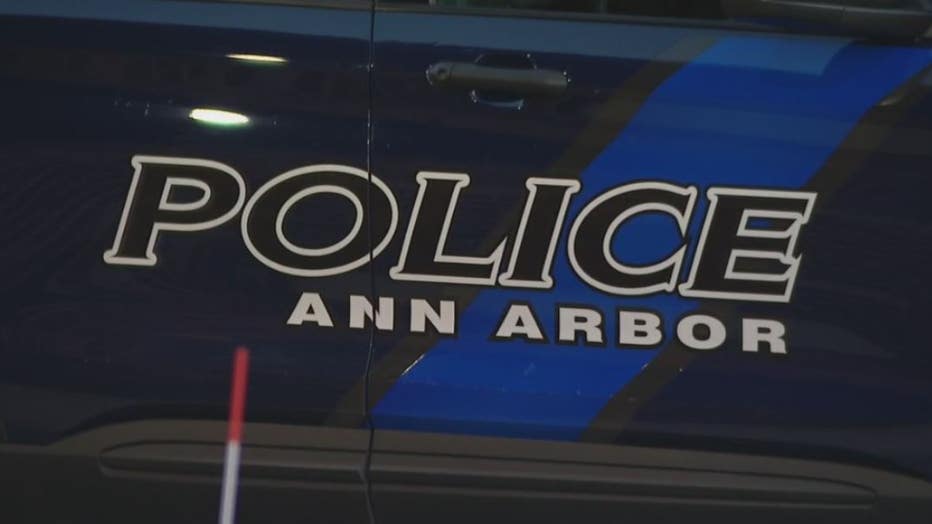Ann Arbor to pass ordinance restricting police from traffic stops for minor offenses

City of Ann Arbor to restrict police officers from traffic stops for minor offenses
It is being called the Driving Equality Ordinance. It’s progenitors say it would the first one in Michigan and it's received a tidal wave of ringing endorsements.
ANN ARBOR, Mich. (FOX 2) - The City of Ann Arbor is making moves to prevent racial profiling during traffic stops and is working to have a first-of-its-kind ordinance. It would restrict police officers' ability to pull over drivers for minor offenses.
It is called the Driving Equality Ordinance. Its backers say it would the first one in Michigan and it's received a tidal wave of ringing endorsements from the community.
"The antiquated processes by which police are allowed to stop motorists, do not keep us safer," said one resident at a recent city council meeting.
"I’m asking for racial justice, I’m asking for economic justice, I ask you all to support this ordinance," said another resident.
This week the ordinance unanimously passed its first reading and is widely expected to be adopted in July. The police department sent out a memo about the changes already.
Councilwoman Cynthia Harrison sponsored the ordinance, the goal: "To limit unnecessary contact between law enforcement and civilians," she says.
If a traffic stop is based solely on certain offenses, the Ann Arbor Police Department is no longer making them.
Here are some examples:
- Cracked or chipped windshield
- Loud exhaust
- Tinted windows
- An object hanging from the rearview mirror unless the officer has a good faith belief that it’s unsafe.
- Cracked, broken or burned-out tail light, where at least one light works.
"When we’re talking about equipment violations that are not based around safety," who said. "We need to acknowledge the harm done to people like me as a result of a traffic stop."
Hilary Golston, FOX 2: 'Does Ann Arbor have a problem with racial profiling?"
"What has informed my work, is talking to residents, talking to my constituents, that live, that work in Ann Arbor, that come and play in Ann Arbor," Harrison said. "I am hearing from these individuals that they have had some negative experiences."
Hilary Golston, FOX 2: "How would you challenge people who say this is virtue signaling because the police department has enacted everything that’s in the ordinance, it is already a part of their policy as of Wednesday."
"Well, I will say this - I am looking for something that has some teeth, I am looking for something that is going to stick," Harrison said. "I know that administrations change. So when I think about doing something like this, I think about folks that are traveling, living and spending time in Ann Arbor now, and I think about individuals that are going to be living, playing and spending time in Ann Arbor, 10 years from now."
Golston spoke with a former assistant chief for the Detroit Police Department. Steve Dolunt says there are possible pitfalls from the decision.
"I'm not saying we're saints, no way," he said. "But, I think public safety and the perception of the police could improve, actually, if you do it the right way."


